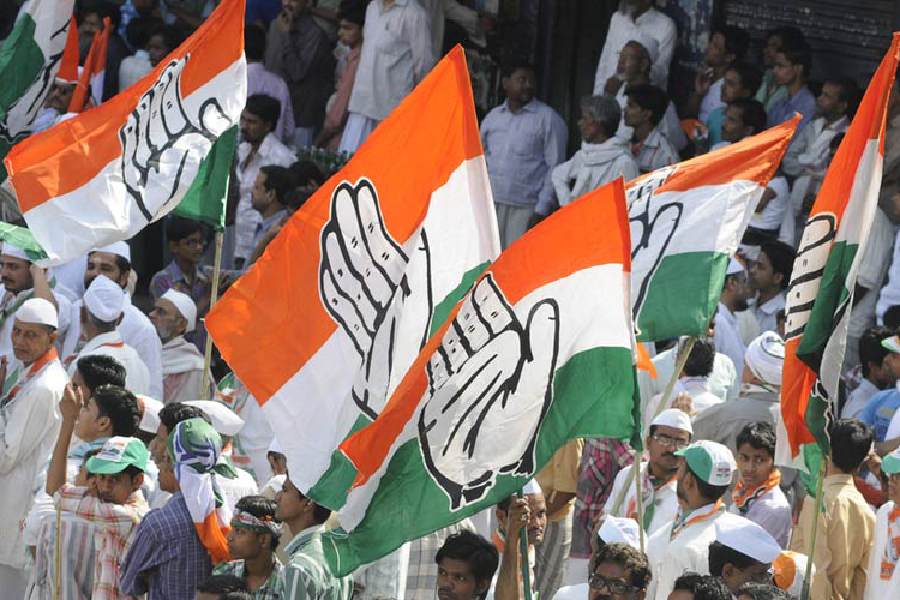The Congress on Thursday said the Law Commission’s fresh attempt to seek opinions on the uniform civil code after it concluded in 2018 that it was not desirable at this stage showed the Narendra Modi government’s desperation to polarise the society on religious lines.
Congress communications chief Jairam Ramesh said: “In a press note published on June 14, 2023, the 22nd Law Commission of India notified its intention to examine the uniform civil code. This was being done, the press note clarified, on a reference sent by the ministry of law and justice.
"It is strange that the Law Commission is seeking a fresh reference when in its press release it acknowledges that its predecessor, the 21st Law Commission, had published a consultation paper on the subject in August 2018.”
Ramesh said no reasons were given on why the matter was being revisited except for vague references to "the relevance and the importance of the subject and also the various court orders".
"The real reason is that the 21st Law Commission after carrying out a detailed and comprehensive review of the subject observed that it is ‘neither necessary nor desirable at this stage’ to have a Uniform Civil Code. This latest attempt represents the Modi government’s desperation for a legitimate justification of its continuing agenda of polarisation and diversion from its glaring failures," the Congress leader added.
The 21st Law Commission appointed by the Modi government had said in 2018: “While the diversity of Indian culture can and should be celebrated, specific groups or weaker sections of society must not be dis-privileged in the process. Resolution of this conflict does not mean the abolition of all differences. This Commission has therefore dealt with laws that are discriminatory rather than providing a uniform civil code which is neither necessary nor desirable at this stage. Most countries are now moving towards recognition of difference and the mere existence of difference does not imply discrimination, but is indicative of a robust democracy.”
Ramesh said the Law Commission had produced an enviable body of work over the decades on numerous issues of national importance and it should be mindful of that legacy and remember that the interests of the nation were distinct from the political ambitions of the BJP.










